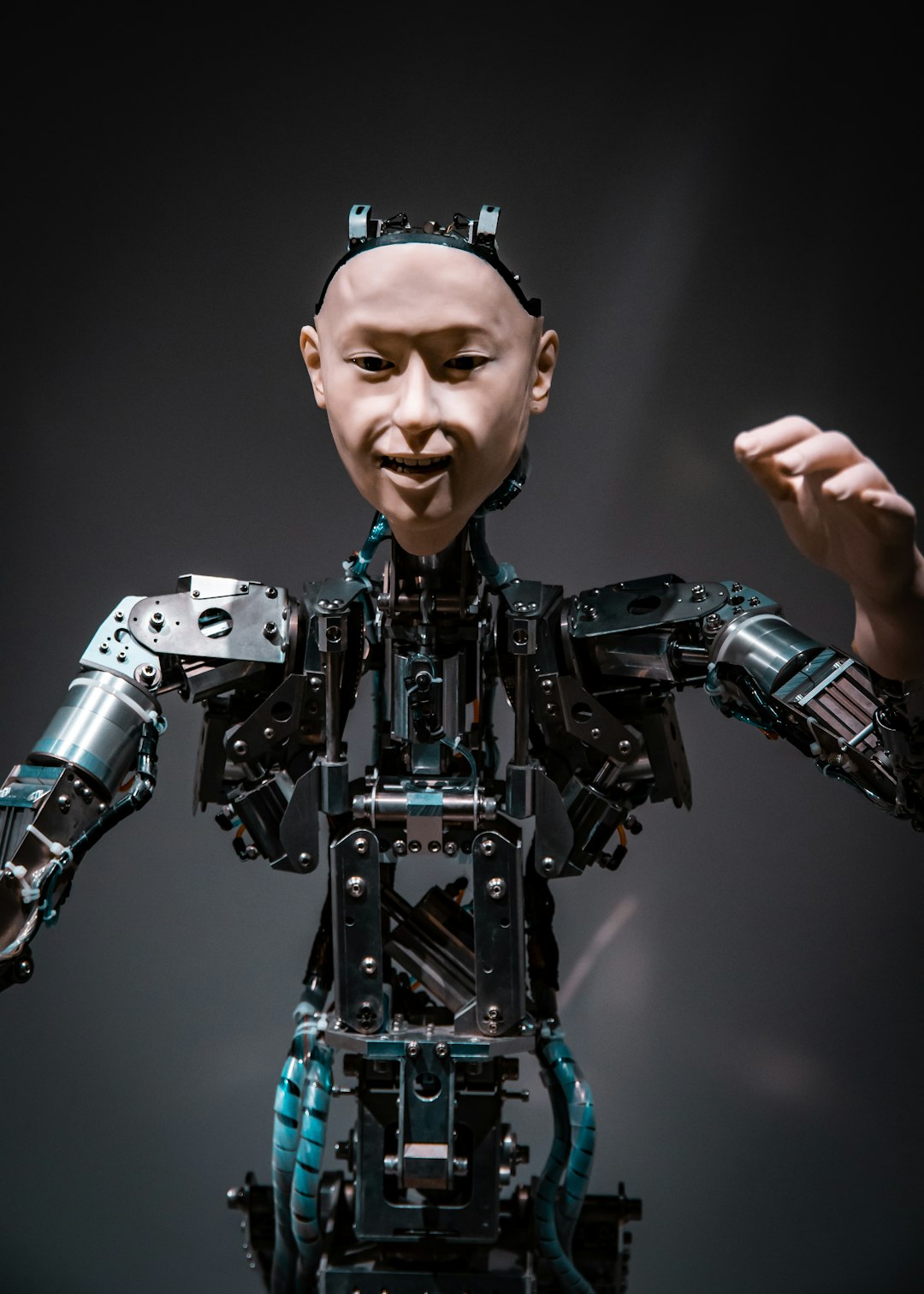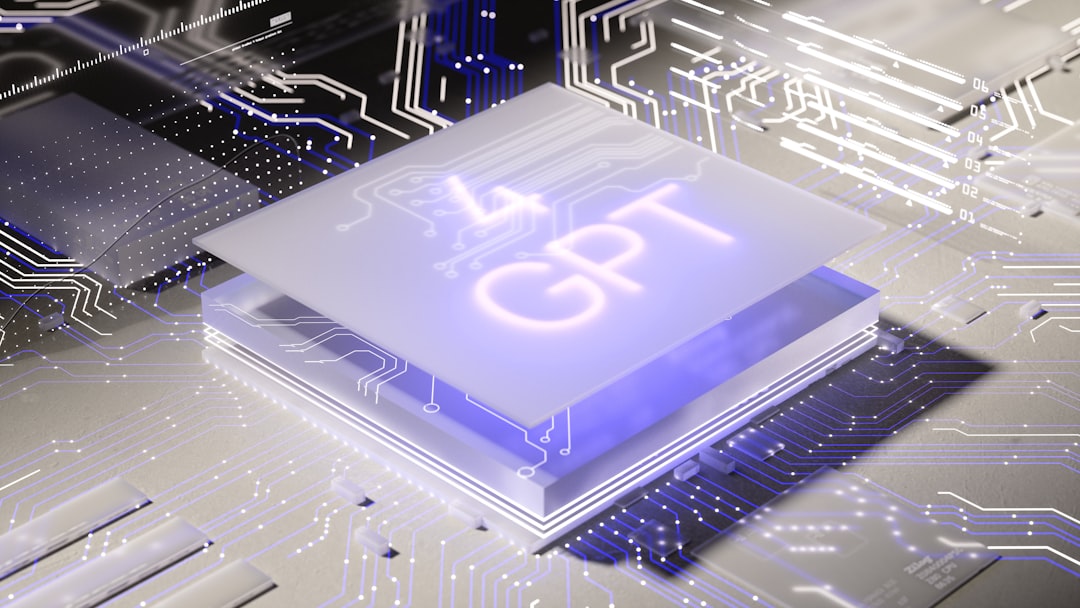The Future of AI: How Artificial Intelligence is Shaping Our World
Exploring the transformative impact of AI on society, industry, and everyday life.

Understanding Artificial Intelligence
Artificial intelligence (AI) refers to the simulation of human intelligence in machines that are programmed to think and learn like humans. These intelligent systems are designed to perform tasks that typically require human intelligence such as visual perception, speech recognition, decision-making, and language translation. The journey of AI began in the 1950s, and it has since evolved from simple problem-solving programs to sophisticated systems capable of complex reasoning and self-learning.
AI in Healthcare
One of the most promising applications of AI is in the field of healthcare. AI-powered systems are transforming the way medical professionals diagnose and treat diseases. Machine learning algorithms can analyze vast amounts of medical data to identify patterns and predict patient outcomes more accurately than ever before. AI is also being used to develop personalized treatment plans, improve patient care, and streamline administrative processes in hospitals.
AI in Industry and Manufacturing
Industries and manufacturing sectors are also witnessing a significant transformation due to AI. Automation and robotics, powered by AI, are enhancing production efficiency and quality. Predictive maintenance systems use AI to predict equipment failures before they happen, reducing downtime and maintenance costs. Furthermore, AI-driven analytics help companies optimize their supply chains, reduce waste, and improve overall operational efficiency.
AI in Everyday Life
AI has seamlessly integrated into our daily lives, often in ways we might not even realize. Virtual assistants like Siri, Alexa, and Google Assistant use AI to understand and respond to our commands. Recommendation algorithms on platforms like Netflix and Amazon analyze our preferences to suggest movies, shows, and products tailored to our tastes. Even social media platforms use AI to curate our feeds and target advertisements based on our behavior.
Ethical Considerations and Challenges
Despite its many benefits, the rise of AI also brings forth ethical considerations and challenges. Issues such as privacy, security, and the potential for job displacement are critical concerns. There is also the question of bias in AI systems, which can lead to unfair and discriminatory outcomes. As AI continues to evolve, it is crucial to develop frameworks and regulations that ensure ethical use and address these challenges effectively.
The Future of AI
Looking ahead, the future of AI holds immense potential. Advancements in AI technology are likely to drive innovations in various fields, from autonomous vehicles and smart cities to advanced medical research and climate change solutions. The key to harnessing the full potential of AI lies in responsible development and implementation, ensuring that AI serves as a tool to enhance human capabilities and improve quality of life.





